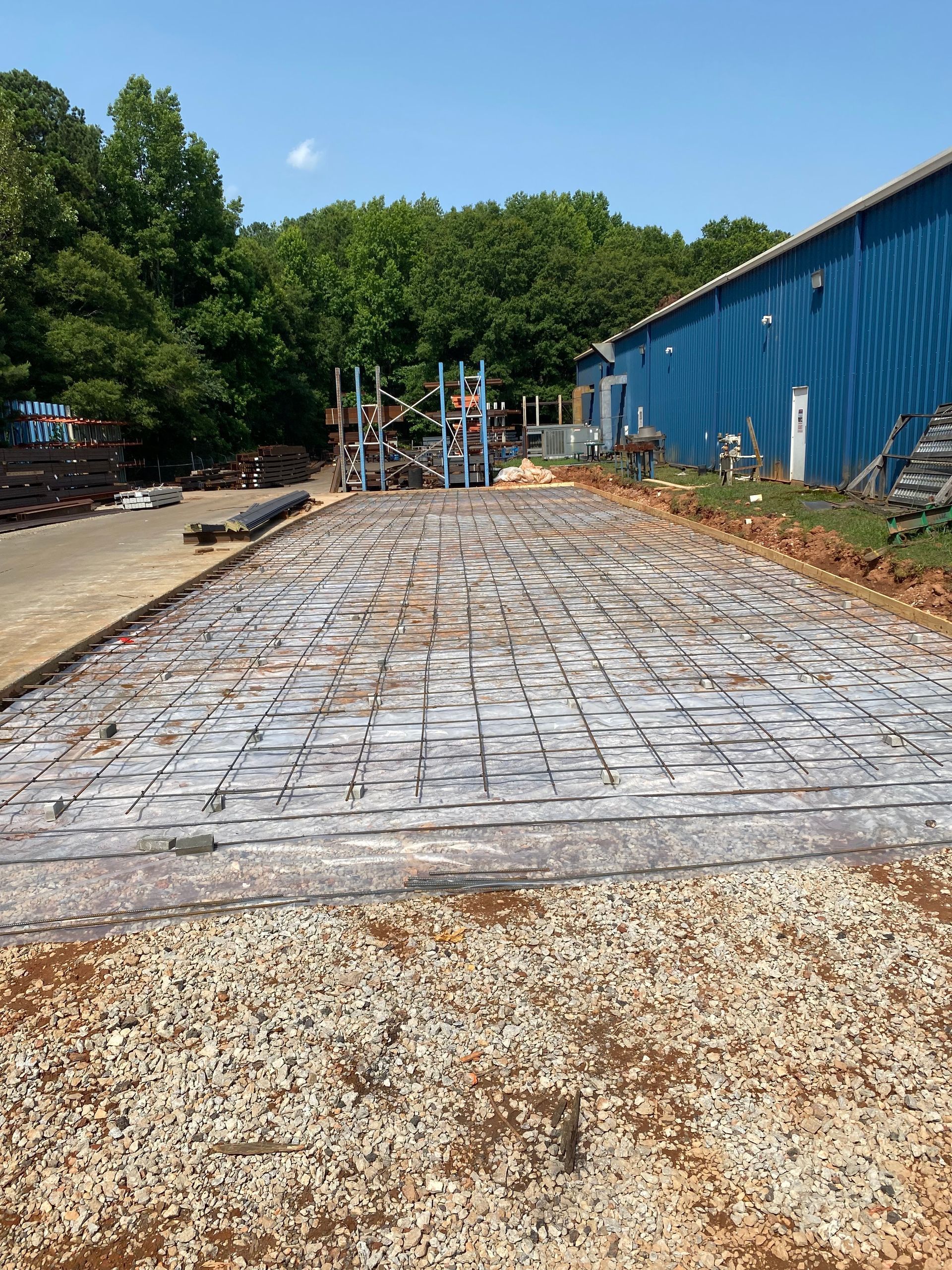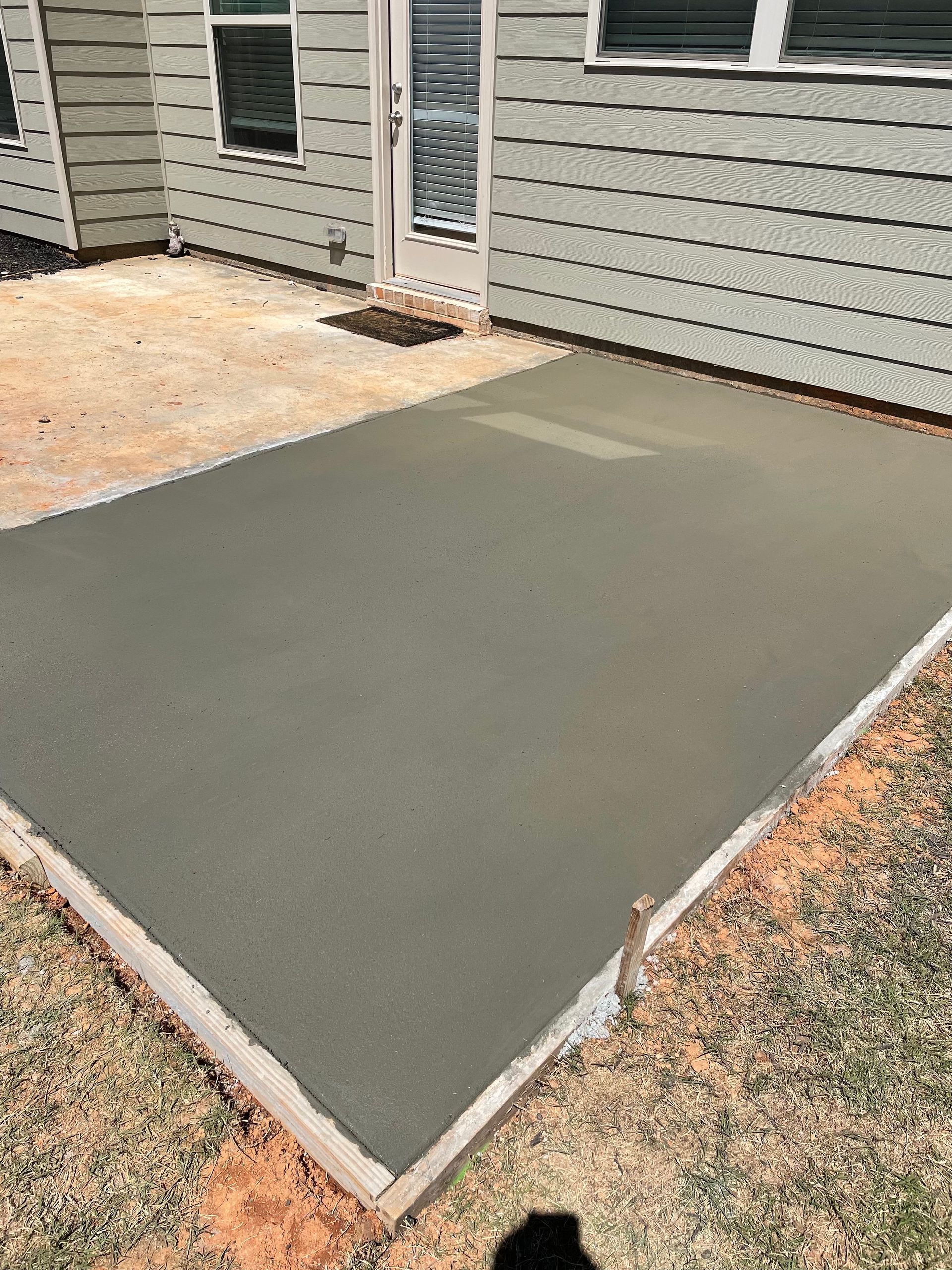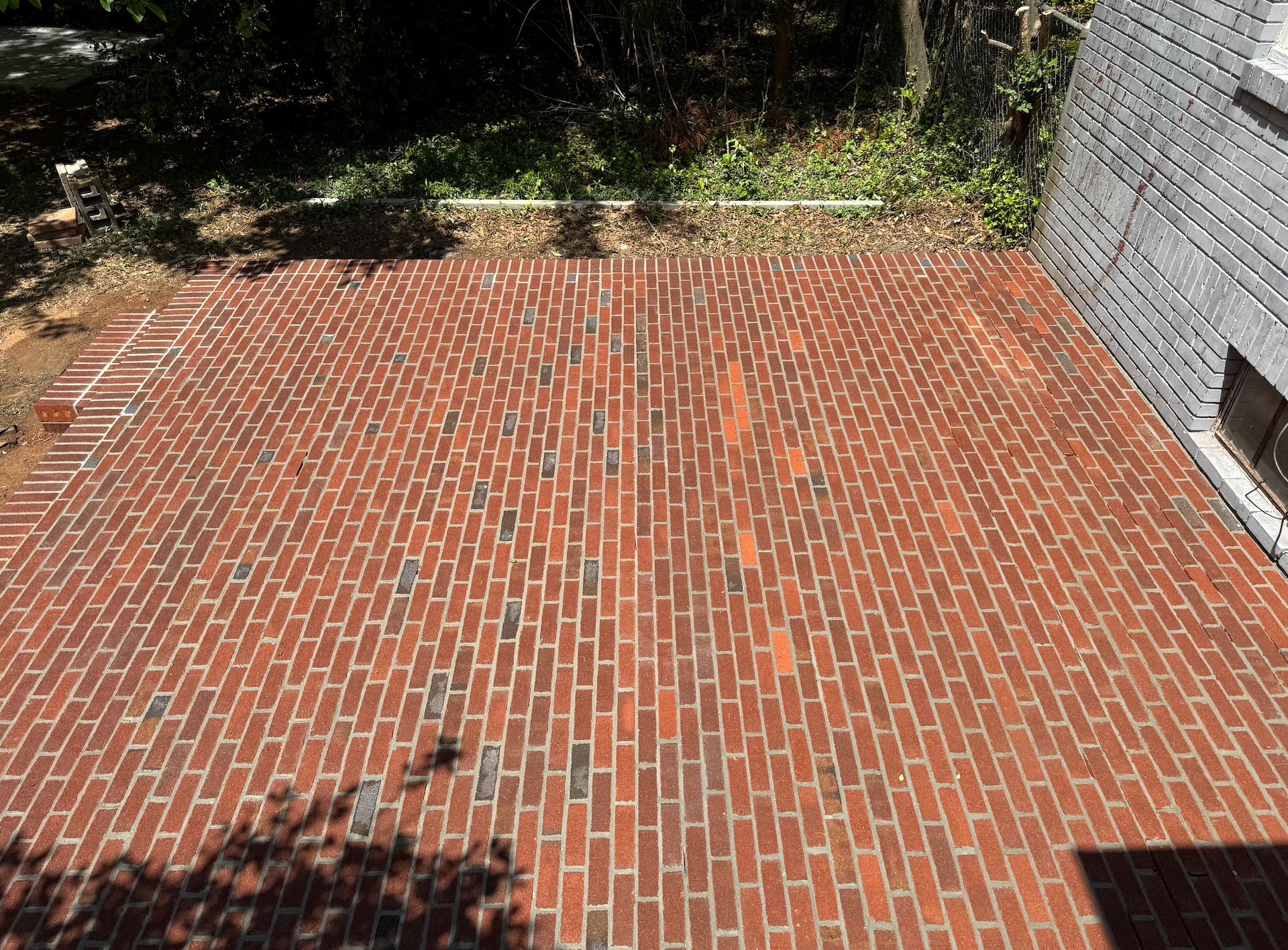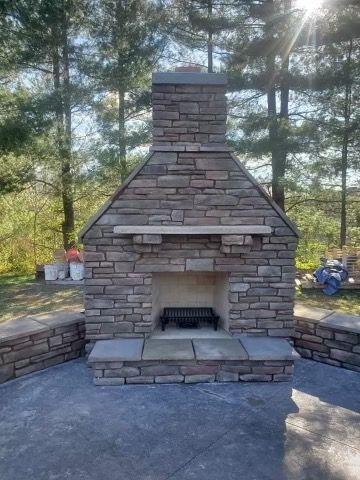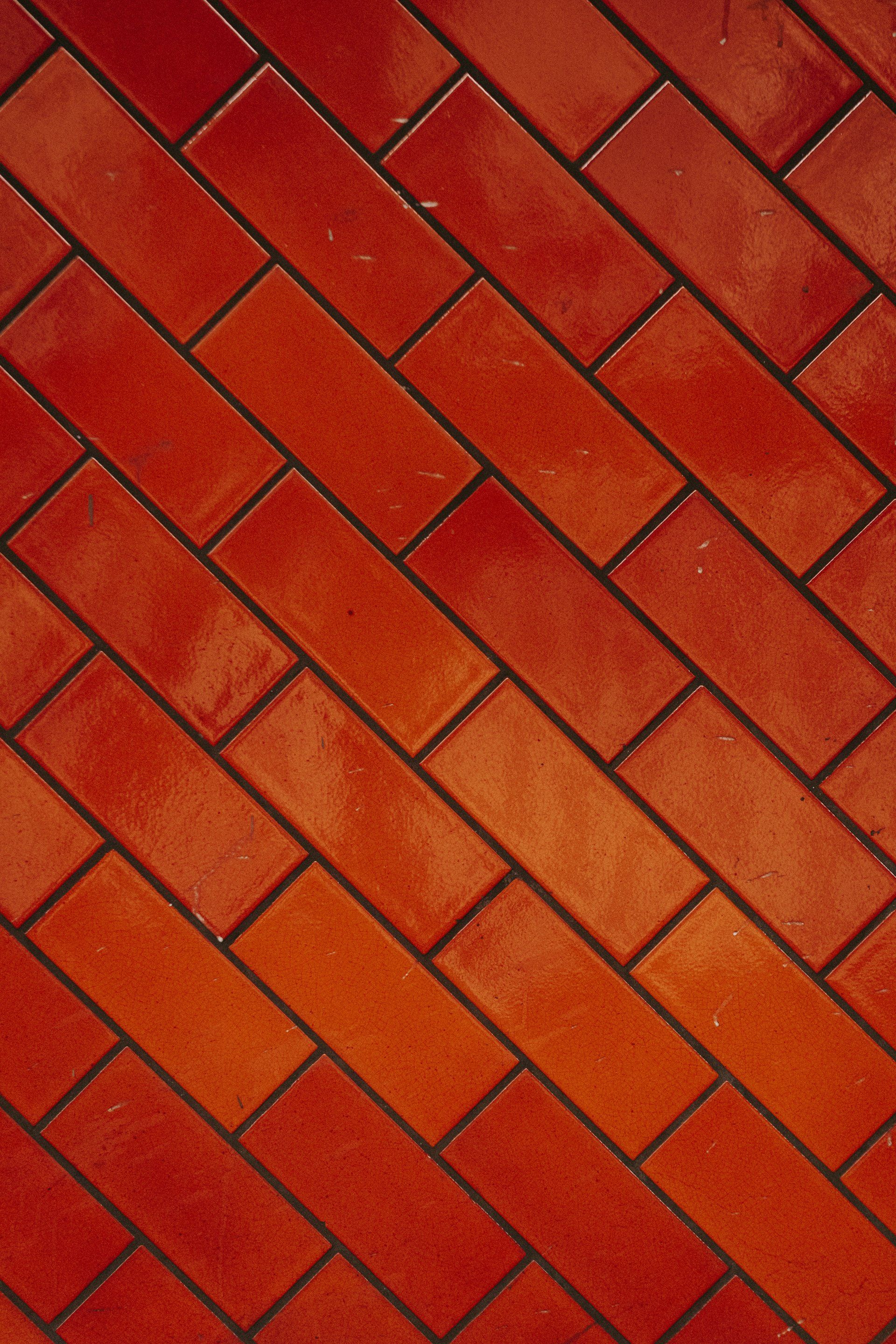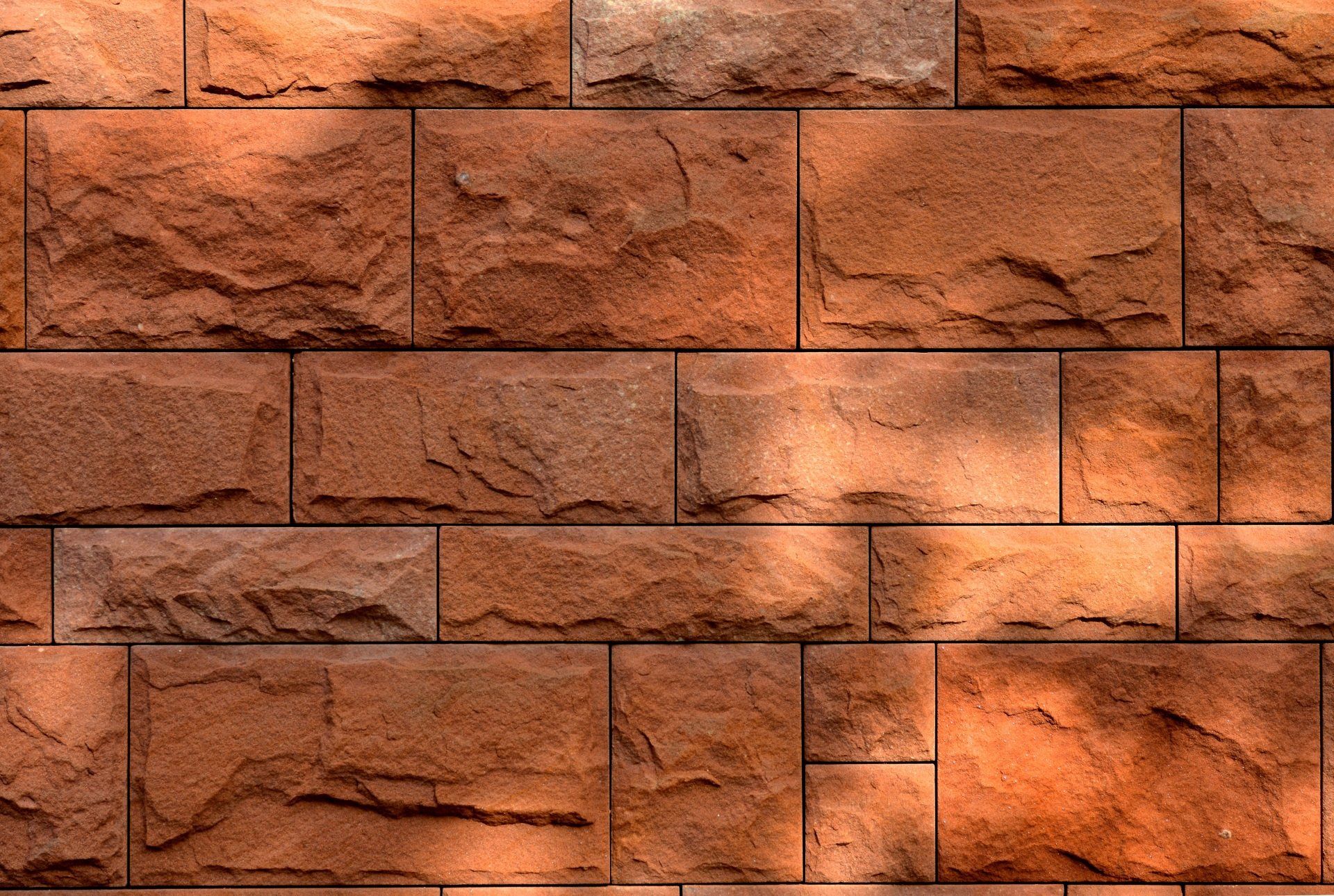Preparing Concrete Work for Winter: Essential Tips for Quality Results
As the winter months approach, concrete work faces unique challenges due to colder temperatures. While concrete is resilient, extreme cold can impact curing, durability, and overall performance if not handled correctly. Here are some essential tips for optimizing concrete work in winter:
1. Understand Cold Weather’s Impact on Concrete
Concrete cures through a chemical reaction called hydration, which requires specific temperatures to achieve optimal strength. When temperatures fall below 40°F, the hydration process slows significantly, and in freezing temperatures, the water within the concrete mix can freeze, leading to cracking and structural issues.
At The Masonry Path, we take extra care with winter concrete projects to ensure that every job is durable and structurally sound.
2. Use Specialized Cold-Weather Concrete Mixes
Cold-weather concrete mixes are designed to improve performance in low temperatures. By using additives such as accelerators, we can speed up the hydration process, enabling the concrete to set faster despite the cold. The right mix also includes a lower water-to-cement ratio, which reduces the likelihood of freezing and strengthens the final product.
3. Preheat the Area and Materials
Preheating the work area, including subgrade and materials, can help stabilize the temperature around the concrete. Ground heaters, heating blankets, and tented enclosures can create a controlled environment for pouring and curing. For larger projects like driveways and patios, covering and heating the site can be especially beneficial to ensure a smooth finish and prevent thermal shock.
4. Use Insulation for Proper Curing
Once the concrete has been poured, keeping it insulated is key to successful curing. Insulated blankets or tarps are effective for maintaining warmth, allowing the concrete to set evenly. The insulation should remain in place throughout the initial curing phase, which can take several days in colder weather. For commercial masonry projects, using insulation can prevent thermal cracking and ensure longevity.
5. Allow Extended Curing Time
Patience is crucial with winter concrete projects. Cold conditions slow the curing process, so additional time is required for the concrete to reach its full strength. Extending the curing period allows the concrete to settle properly and reduces the likelihood of damage or cracking.
6. Plan Projects Strategically
Given the challenges winter presents, strategic planning can make all the difference. Working with an experienced team ensures proper timing, preparation, and quality for any concrete project, no matter the season. At The Masonry Path, we have the knowledge and tools to complete concrete work with precision—even in winter.
Winter Concrete Applications: Driveways, Patios, and More
Whether installing a new concrete driveway or enhancing an outdoor patio, following these winter strategies ensures results that last. A carefully planned installation boosts durability, safety, and aesthetic appeal, allowing for beautiful, functional outdoor spaces even in cold weather.
Are you considering a concrete project this winter?
At The Masonry Path, our skilled team specializes in all-season concrete work, ensuring lasting quality for driveways, patios, and beyond. Contact us today for a consultation or to request a free quote!
Recent Posts
